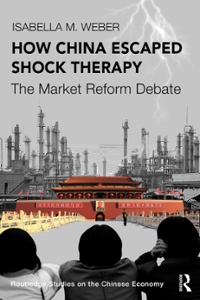Question
Firm A operates in a perfectly competitive market in a constant-cost industry and is earning positive economic profit. 1.How does Firm A determine its profit-maximizing
Firm A operates in a perfectly competitive market in a constant-cost industry and is earning positive economic profit.
1.How does Firm A determine its profit-maximizing price? Explain.
2.Draw correctly labeled side-by-side graphs for Firm A and the market it operates in. Label the axes and all of the following:
A) Market price (PE) and market quantity (QE)
B) The firm's quantity of output (Qe)
C) The firm's average total cost (ATC)
3.Completely shade the area of the firm's profit.
4.Identify whether the following increase, decrease, or remain constant as the market moves to long-run equilibrium:
A) Market equilibrium quantity
B) Market equilibrium price
5.Assume the product that Firm A produces has a positive externality. Draw the marginal social benefit (MSB) on the market graph from part (b).
6.Will the unregulated market produce more or less than the socially optimal quantity?
7.Shade the area of deadweight loss caused by the externality when the market is unregulated and in long-run equilibrium.
Step by Step Solution
There are 3 Steps involved in it
Step: 1

Get Instant Access to Expert-Tailored Solutions
See step-by-step solutions with expert insights and AI powered tools for academic success
Step: 2

Step: 3

Ace Your Homework with AI
Get the answers you need in no time with our AI-driven, step-by-step assistance
Get Started


